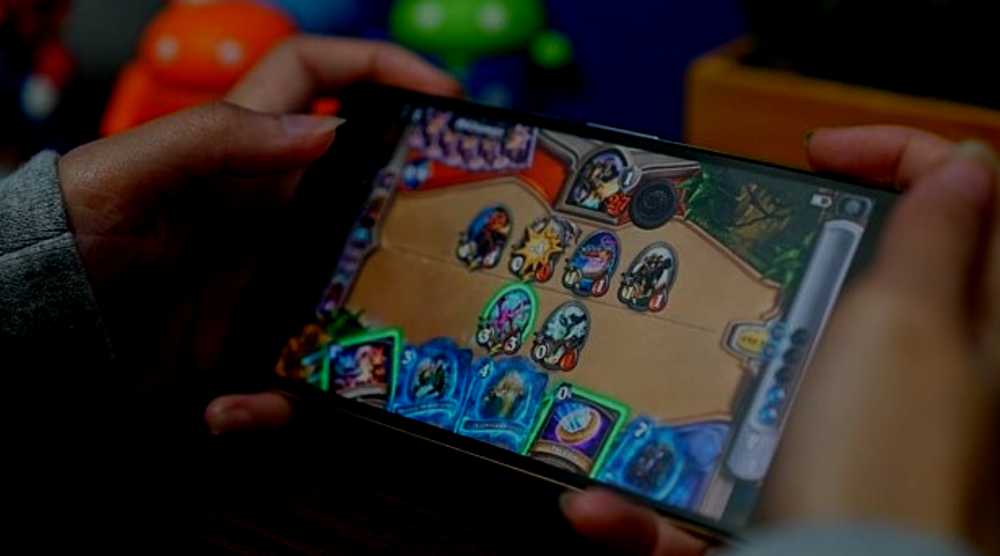
March is National Problem Gambling Awareness Month–a time to learn more about this silent addiction which effects an estimated 4-6 million adults in the United States. Unfortunately, youth are not immune to issues related to gambling, and for many, their introduction comes in the all-too-familiar form of video games.
There are various studies that show links between excessive gaming and problem gambling. One way the two are related is through the phenomenon of loot boxes. Recently, loot boxes have become an integral part of gaming and are present in titles across all video game latforms. Loot box is a term for any vehicle in a game that give the player a random reward. Rewards can be something cosmetic that only changes the looks of the character, such as clothing, or they can be competitive–something that gives the player an edge in game play. Loot boxes can be earned free for completing portions of the game; bought with the gems, diamonds, or coins earned in game; or bought with a credit card through the gaming platform’s internet store.
Here are a few steps that adults can use to help prevent problematic loot box use among youth:
- Keep up to date on what games youth are playing. Loot boxes are being offered in more and more games. Check the ESRB rating for “in-game purchases”.
- Know where credit card information is stored. With most gaming devices being internet enabled, and those devices storing credit card information, youth can easily make purchases by clicking “buy now”. Online purchases make it easy to buy pack after pack of loot boxes until the desired item is found, often after racking up quite a bill! Pay attention to accounts and keep an eye out for any unusual purchases.
- Have conversations with youth early and often. Just as we talk with youth about substances, we should be having conversations about loot boxes and gaming behavior. Talk about the likelihood of getting the items you are looking for and probability. Make loot boxes and gaming part of regular conversations about acceptable behavior, and learn how here.
For more information about loot boxes, and their impact on youth, reach out to Training Coordinator/Prevention Specialist Josh Mountz at jmountz@compassmark.org.